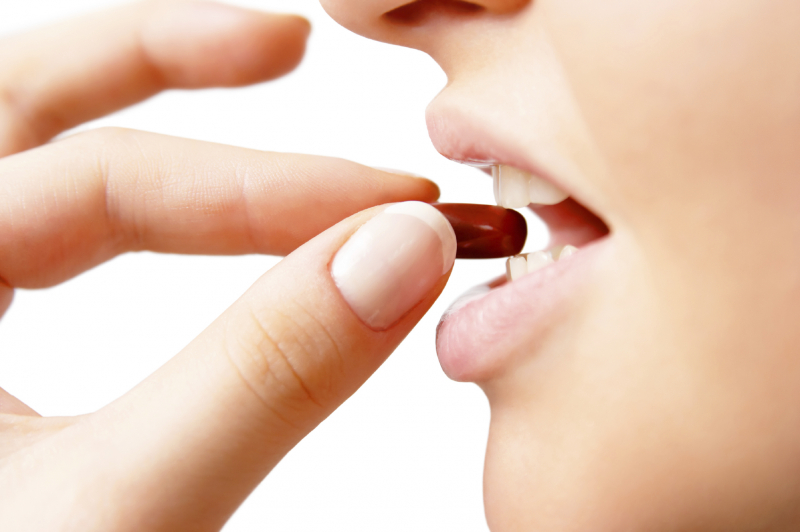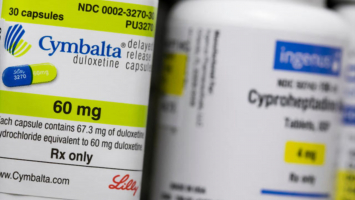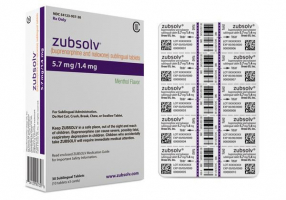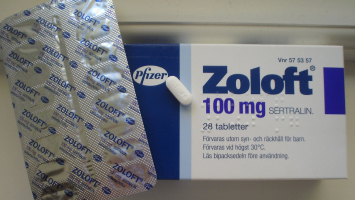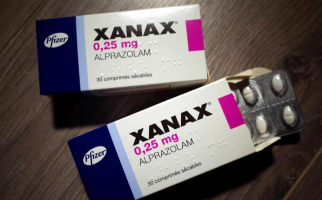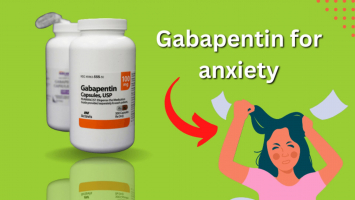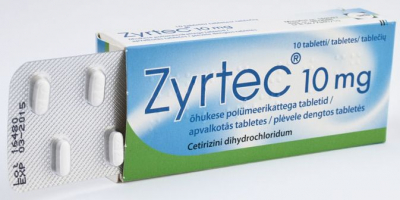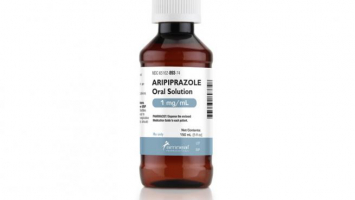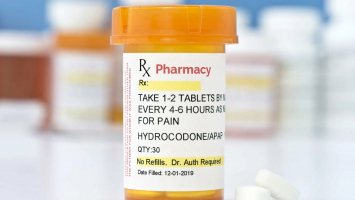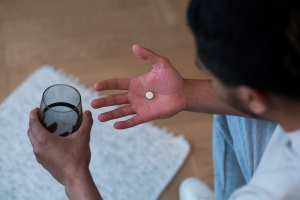Top 7 Things to Know About Benzonatate
Benzonatate is a non-narcotic cough medicine. Benzonatate works by numbing the throat and lungs, making the cough reflex less active. Benzonatate is used to ... read more...relieve coughing.
-
Benzonatate can be used to treat dry cough symptoms.
Benzonatate is thought to work by anesthetizing certain receptors in the breathing passages and lungs, dampening their activity, and suppressing the cough reflex.
Benzonatate is in the class of medications known as cough suppressants. Benzonatate is also known as an antitussive.
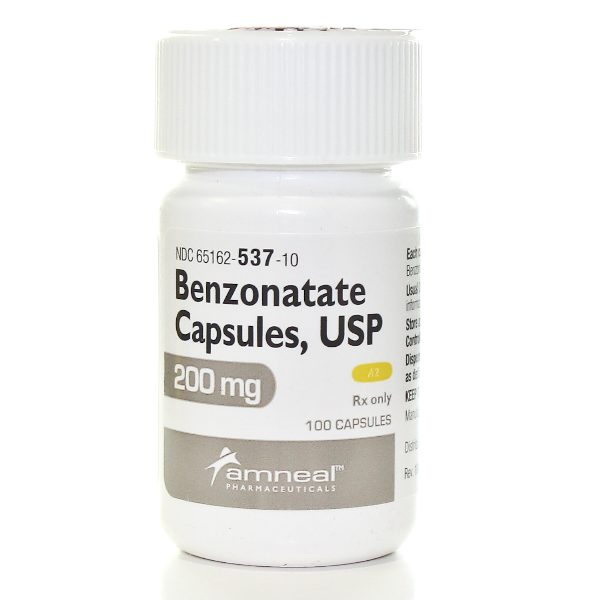
Trường Cao Đẳng Y Dược Pasteur Hà Nội 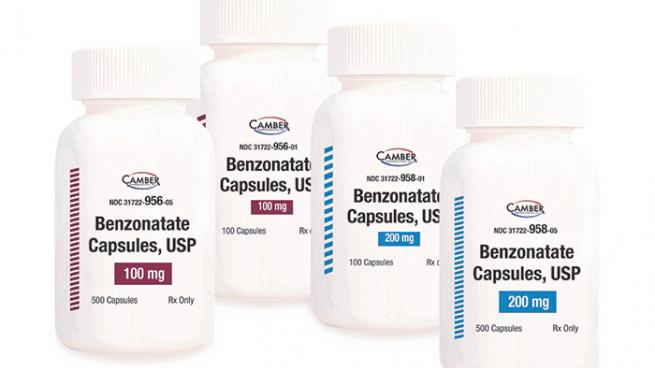
Drug Store News -
To treat a dry, irritating cough. Numbs the throat, causing the cough to become less active.
Fast-acting. It is safe to take up to three times per day. The maximum daily dose is 600 mg.
It is not a narcotic.
In some cases, it can be used to provide oropharyngeal anesthesia for conscious intubation.
There are no specific dosage recommendations for liver or kidney disease.
There is a generic version available.
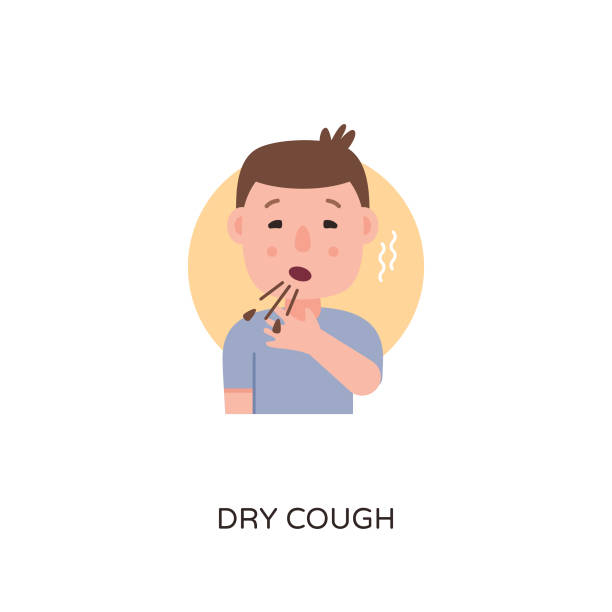
iStock 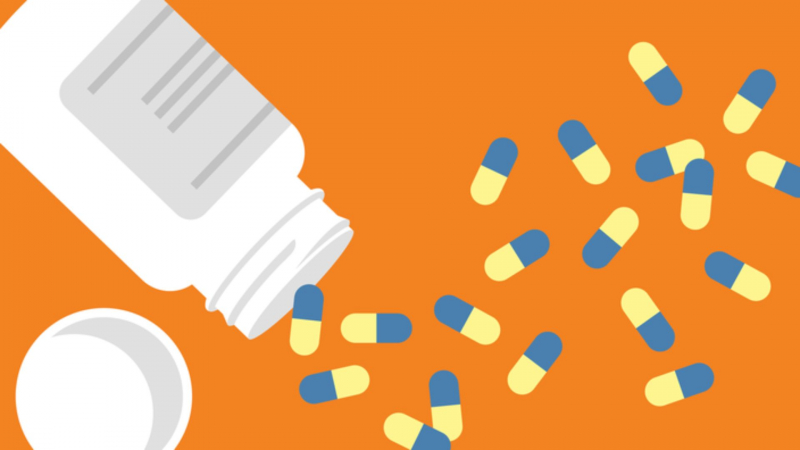
GoodRx -
If you are between the ages of 18 and 60, do not take any other medications, and have no other medical conditions, you are more likely to experience the following side effects:
- Sedation, headache, constipation, nausea, itchiness, skin rash, nasal congestion, and a burning sensation in the eyes are all possible side effects. If the capsules are swallowed whole, they are generally well tolerated.
- If the capsules are opened or chewed instead of swallowed, potentially fatal local anesthesia may result.
- Overdosage, whether intentional or unintentional, can cause CNS stimulation, which can result in agitation, tremors, a drunken feeling, or seizures.
- Rarely, may cause bizarre behavior such as confusion and hallucinations - usually when combined with other drugs.
- Severe allergic reactions have been reported, most of which have been linked to sucking or chewing the capsule rather than swallowing it.
- Overdosage is dangerous, especially in children. In children as young as two years old, accidental overdosage with as few as one or two capsules has been reported. Deaths were reported within hours of the unintentional ingestion.
- Use only if the benefits outweigh the risks during pregnancy. It is unknown whether benzonatate is distributed in breast milk.
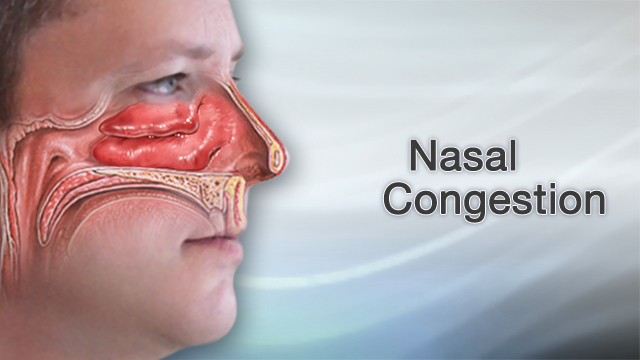
Mount Sinai 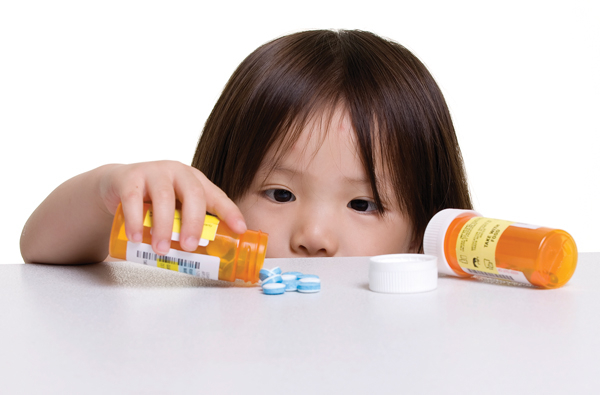
EMRA -
Take the capsule whole. Sucking, chewing, crushing, cutting, or breaking open can result in overdosage.
If you experience numbness or tingling in your mouth, do not eat or drink anything until the numbness goes away. If the problem does not resolve, seek medical attention. If you have difficulty breathing, your throat swells, or you have any other symptoms of an allergic reaction, seek immediate medical attention.
Take only as directed. A single dose of 200mg or a total daily dose of 600mg should not be exceeded. If you miss a dose, do not double the next dose; instead, return to your normal dosing schedule.
Keep out of children's reach. If children inadvertently consume benzonatate, seek immediate medical attention. Overdosage symptoms include tremors, convulsions, coma, and heart attack.
Do not give to children under the age of ten.
If you are pregnant or plan to become pregnant while taking benzonatate, consult your doctor because it may not be safe for you. It is unknown whether breastfeeding is safe while taking benzonatate.
About Health NZ 
Dreamstime -
Medicines that interact with benzonatate may reduce its effect, shorten its duration of action, increase side effects, or have no effect when combined. An interaction between two medications does not always necessitate the discontinuation of one of them; however, it can. Consult your doctor about how to handle drug interactions.
There are no known significant interactions between benzonatate and other drugs. However, because it causes constipation, sedation, and nausea, interactions with the following drugs are possible:- other medications that cause constipation, such as ondansetron, opioids, or iron supplements
any medication that may cause drowsiness, such as amphetamines, azelastine, benzodiazepines (eg, diazepam, lorazepam), first-generation antihistamines (such as doxylamine or promethazine), metoclopramide, or opioids (such as hydrocodone, morphine) - other medications that may also upset the gastrointestinal tract, such as prednisone or NSAIDs (such as ibuprofen or naproxen).
While taking benzonatate, avoid drinking alcohol or using illegal or recreational drugs.
For a complete list of interactions, consult the benzonatate prescribing information.
Consumer HealthDay 
Burt's Pharmacy - other medications that cause constipation, such as ondansetron, opioids, or iron supplements








